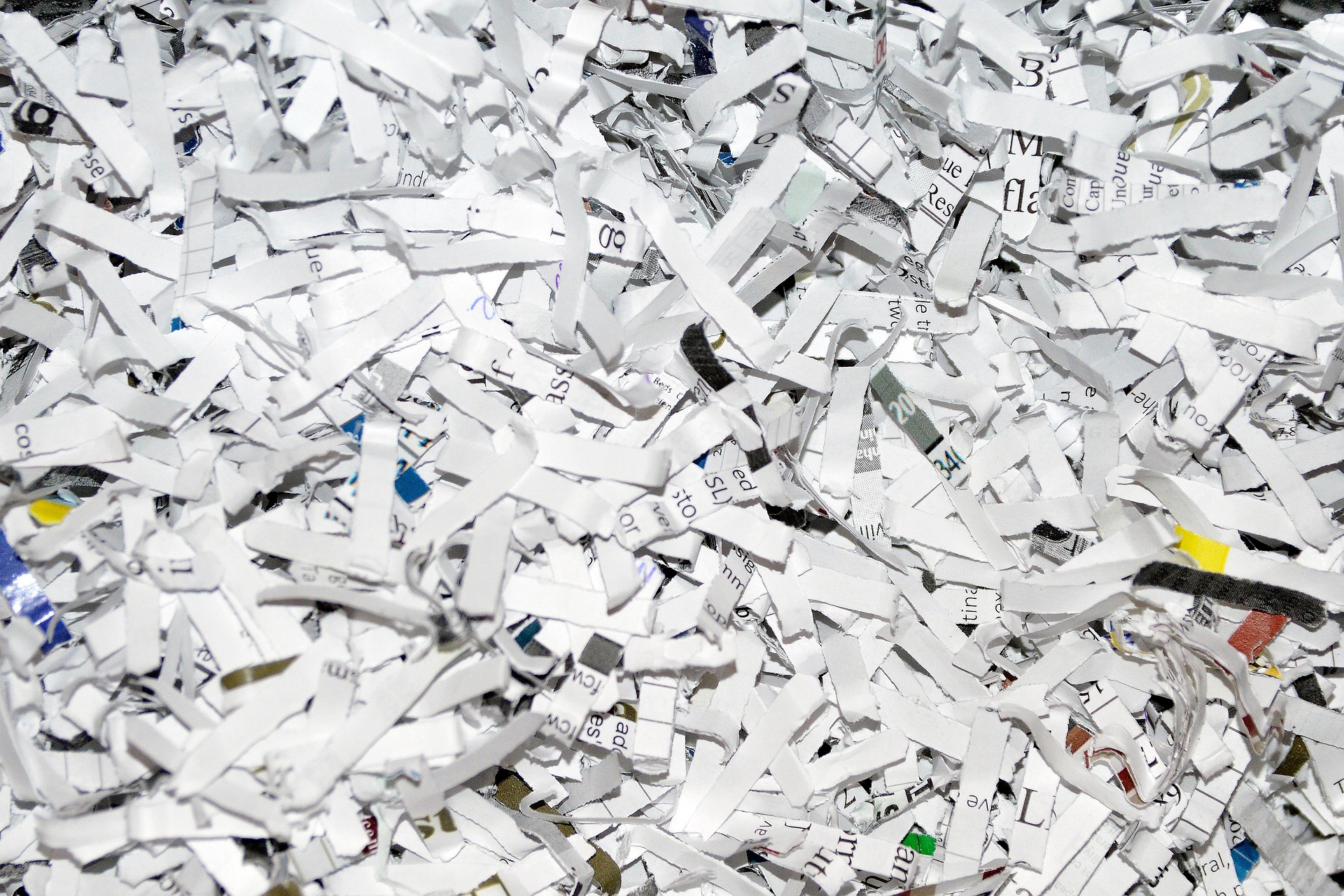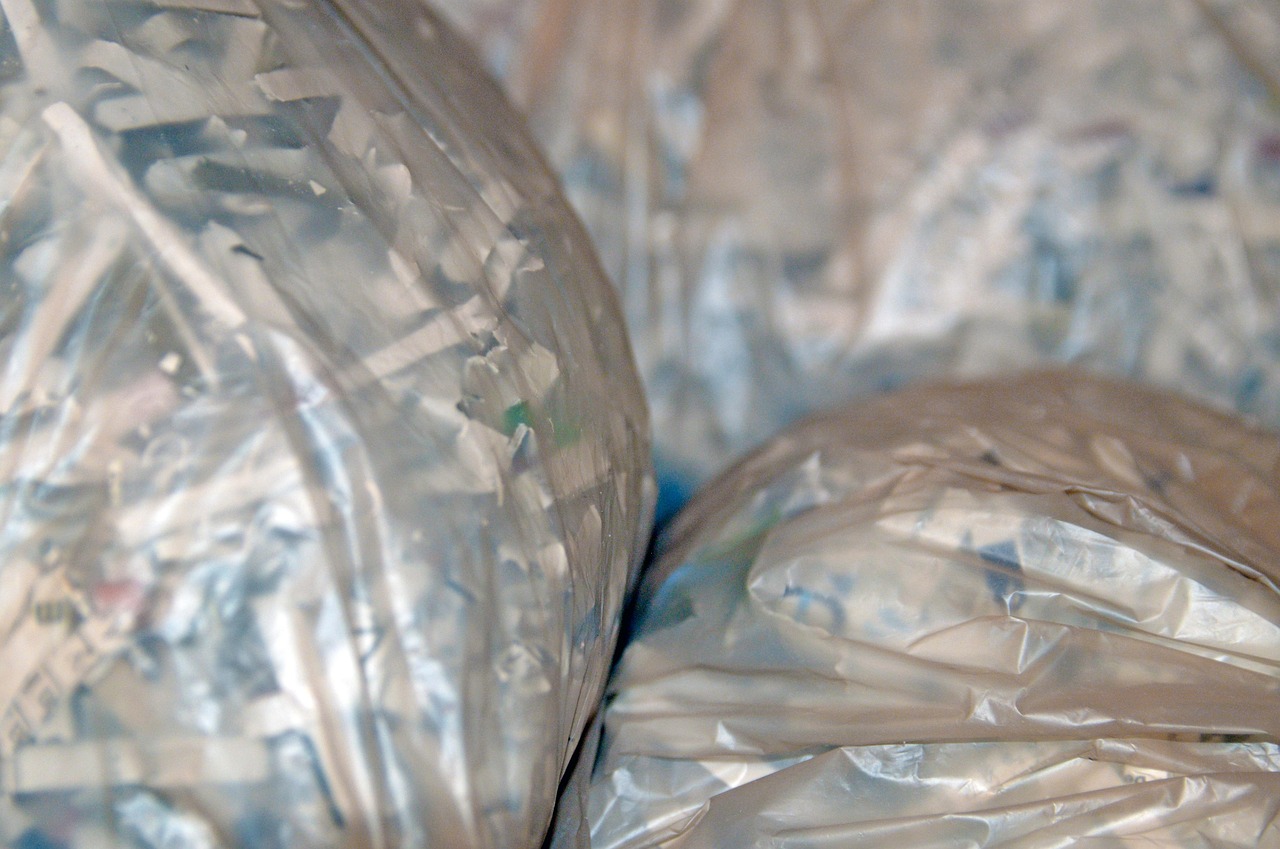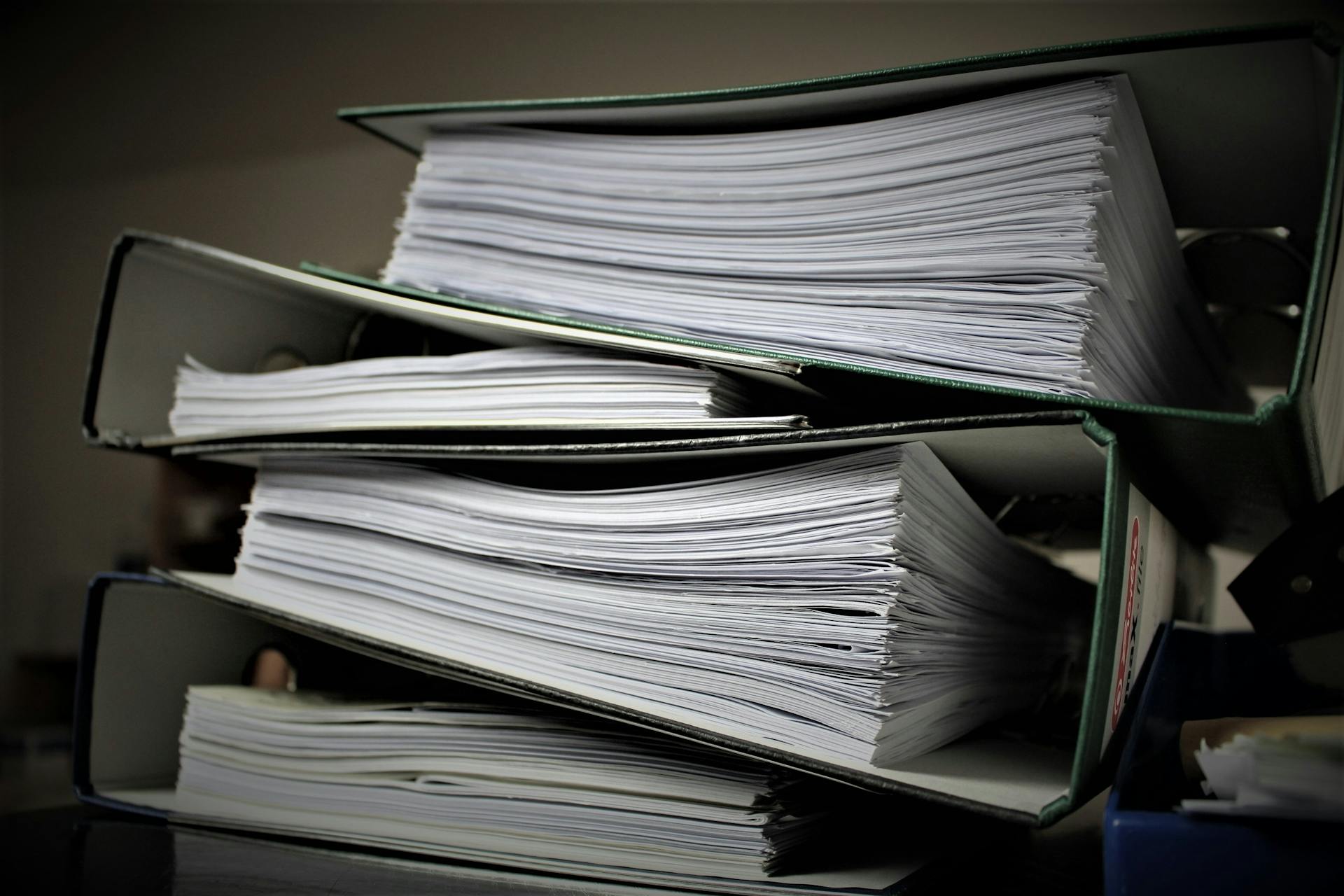
Identity theft is no longer a distant threat lurking in dark corners of the internet – it’s a growing menace that affects millions of individuals each year. With criminals constantly refining their tactics, our personal information is more vulnerable than ever.
Amid this escalating risk, one surprisingly simple yet highly effective strategy stands out: shredding. In today’s blog post, we’ll explore why identity theft is on the rise and how shredding your documents can be a critical line of defense in protecting your identity.
The Growing Threat of Identity Theft
In recent years, data breaches and online scams have become alarmingly common. Cybercriminals no longer rely solely on digital means to steal your identity; they also sift through your physical documents for clues to your personal life. Whether it’s bank statements, credit card bills, medical records, or even simple junk mail, these documents often contain sensitive information that can be pieced together to impersonate you.
Statistics from cybersecurity firms and consumer reports indicate that identity theft incidents have surged, costing individuals and businesses billions of dollars annually. This uptick is fueled by a combination of increased data breaches, sophisticated phishing scams, and the general ease with which personal information can be acquired. For everyday consumers, this means that every piece of paper containing your personal data is a potential target.
How Shredding Keeps You Safe
Shredding might seem like an old fashioned solution in a high tech world, but its benefits are more relevant than ever. Here’s why shredding is a frontline defense in the battle against identity theft:
1. Prevents Information from Falling Into the Wrong Hands
When you dispose of sensitive documents without proper destruction, you leave a trail of breadcrumbs for identity thieves. Even seemingly harmless mail can be reassembled into a complete profile if criminals are patient enough. Shredding ensures that your personal data is rendered unreadable and irretrievable. Cross cut shredders, for example, turn documents into confetti like particles, making reconstruction virtually impossible.
2. Meets Regulatory Requirements
Many industries, especially those handling sensitive client data, are legally required to dispose of documents securely. By adopting regular shredding practices, you’re not only protecting yourself but also complying with laws designed to prevent data breaches. Even as a consumer, understanding these standards reinforces the importance of treating your personal information with the same level of security as a business would.
3. Reduces Physical Clutter
Maintaining a clutter free space isn’t just about aesthetics – it’s a practical security measure. When you accumulate piles of documents, you increase the risk of sensitive information being misplaced or stolen. Shredding helps you streamline your home or office, ensuring that only necessary documents are kept and those that are no longer needed are destroyed securely. This habit also encourages you to be more mindful about what you keep and how you store it, reducing the overall risk of identity theft.
4. Peace of Mind
In an era where news headlines constantly highlight new data breaches, the anxiety over protecting one’s personal information is real. Shredding provides a tangible action you can take to safeguard your identity. It’s a simple, cost effective measure that gives you control over your information, empowering you to reduce your vulnerability even when other external threats are beyond your control.
Practical Tips for Effective Shredding
To truly leverage shredding as a defense against identity theft, consider integrating these best practices into your routine:
- Set a Regular Shredding Schedule: Make it a habit to shred documents on a weekly or monthly basis. This prevents sensitive papers from piling up and minimises the risk of accidental exposure.
- Know What to Shred: Pay close attention to any document that contains personal information – even utility bills or bank statements with partial account numbers should be shredded.
- Secure Disposal Services: For larger businesses or those with significant amounts of sensitive paper, consider using professional shredding services. These companies offer secure bins and off site shredding, ensuring that your documents are handled with maximum security throughout the process.
- Digitise When Appropriate: While physical documents need shredding, digitising records can be a secure alternative – provided you use strong encryption and secure storage methods. However, always remember that digital files are not immune to hacking, so balance is key.
A Holistic Approach to Identity Protection
Shredding is an essential part of a broader identity protection strategy. While it addresses the physical aspect of data security, remember that online vigilance is equally important. Regularly update your passwords, monitor your financial statements, and use two factor authentication wherever possible. Combining digital security measures with physical data destruction creates a robust defense against the varied tactics employed by modern identity thieves.
Why It Matters to You
For individuals, especially those juggling work, family, and personal security in today’s fast paced world, the threat of identity theft is not an abstract concept – it’s a real, ongoing concern.
Taking control of your information through shredding is an easy, effective step that not only protects your identity but also contributes to a broader culture of security. Whether you’re a busy professional, a parent safeguarding your family’s future, or a retiree enjoying well deserved peace of mind, shredding empowers you to reclaim control over your personal data.
By embracing the practice of shredding, you’re not only cleaning up your space – you’re fortifying your defenses against one of the most pervasive threats of our time.
Latest news articles



